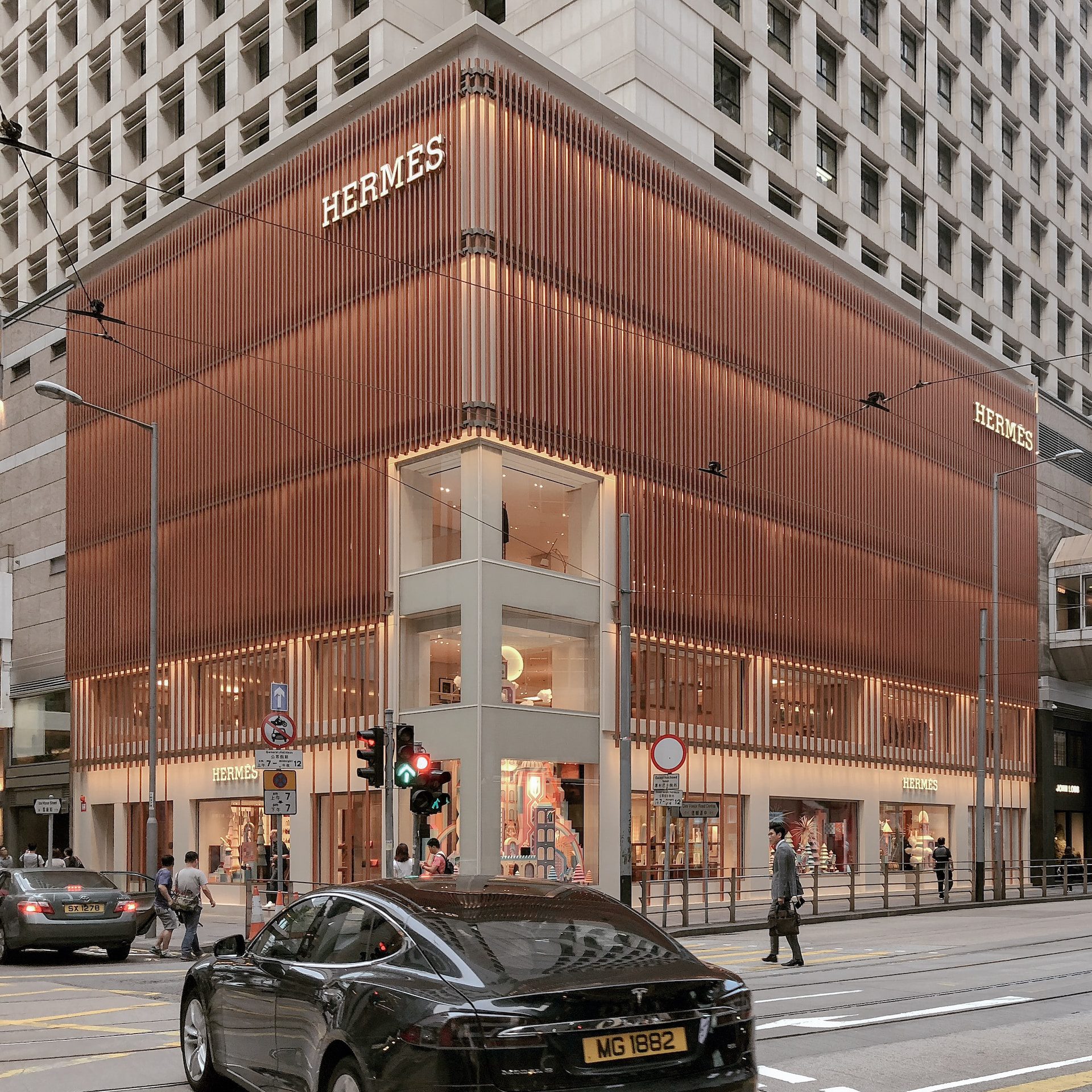In the ever-evolving world of luxury, a new player has emerged on the scene: digital assets and Non-Fungible Tokens (NFTs). As technology continues to reshape our understanding of value and ownership, the luxury industry finds itself at a crossroads. Are these digital innovations truly new frontiers in luxury, or simply old news repackaged for the digital age?
Understanding Digital Assets and NFTs
Before delving into their impact on luxury, it’s crucial to understand what digital assets and NFTs are. Digital assets encompass a wide range of virtual items, from cryptocurrencies to digital art. NFTs, on the other hand, are unique digital tokens stored on a blockchain, representing ownership of a specific digital or physical item.
The Intersection of Luxury and Digital
Luxury brands have always been at the forefront of innovation, constantly seeking new ways to captivate their discerning clientele. The introduction of digital assets and NFTs into the luxury space represents a natural progression in this journey. Brands like Gucci, Louis Vuitton, and Burberry have already dipped their toes into the digital waters, creating virtual products and NFT collections.
New Frontiers: The Case for Digital Luxury
Proponents argue that digital assets and NFTs open up new frontiers in luxury by:
- Offering unique, verifiable ownership of digital items
- Creating new revenue streams for luxury brands
- Appealing to younger, tech-savvy consumers
- Enabling immersive brand experiences in virtual worlds
These digital innovations allow luxury brands to extend their reach beyond physical products, tapping into the growing market of digital experiences and collectibles.
Old News? The Skeptics’ Perspective
Critics, however, argue that digital assets and NFTs in luxury are merely a passing fad, pointing to:
- The volatile nature of cryptocurrency markets
- Concerns about the long-term value of digital assets
- The environmental impact of blockchain technology
- The potential for fraud and counterfeiting in the digital space
Skeptics contend that the essence of luxury lies in tangible, physical experiences and products – something that digital assets cannot fully replicate.
The Reality: A Blend of Both
The truth, as often is the case, lies somewhere in the middle. While digital assets and NFTs do present new opportunities for luxury brands, they are unlikely to completely replace traditional luxury goods and experiences. Instead, we’re seeing a blending of the physical and digital worlds, with brands creating hybrid offerings that appeal to a wide range of consumers.
Case Studies: Luxury Brands in the Digital Space
Several luxury brands have successfully navigated the digital asset space:
- Gucci: Sold a digital-only handbag for more than its physical counterpart
- LVMH: Developed a blockchain platform to authenticate luxury goods
- Dolce & Gabbana: Auctioned a nine-piece collection of NFTs for millions
These examples demonstrate the potential for digital assets to complement and enhance traditional luxury offerings.
The Future of Luxury: Physical, Digital, or Both?
As we look to the future, it’s clear that digital assets and NFTs will play a role in the luxury industry. However, their exact place is still being defined. We can expect to see:
- More integration of digital elements in physical luxury products
- Expansion of luxury brands into virtual worlds and metaverses
- Increased use of blockchain for authentication and provenance
- New forms of digital collectibles and experiences
Looking Ahead
Digital assets and NFTs in luxury represent both new frontiers and a continuation of the industry’s innovative spirit. While they may not completely revolutionize luxury as we know it, they are certainly reshaping the landscape. The most successful luxury brands will be those that can seamlessly blend the physical and digital, creating unique experiences that resonate with both traditional luxury consumers and the digital natives of tomorrow.
As technology continues to evolve, so too will the intersection of luxury and digital assets. Whether these innovations represent a new frontier or old news, one thing is certain: the luxury industry will continue to adapt, innovate, and surprise us. The key for both brands and consumers will be to navigate this new terrain thoughtfully, balancing the allure of the new with the timeless appeal of traditional luxury.



